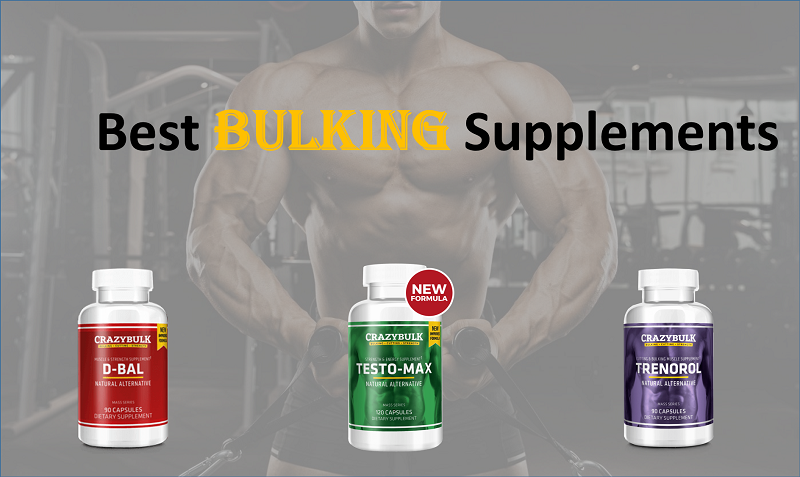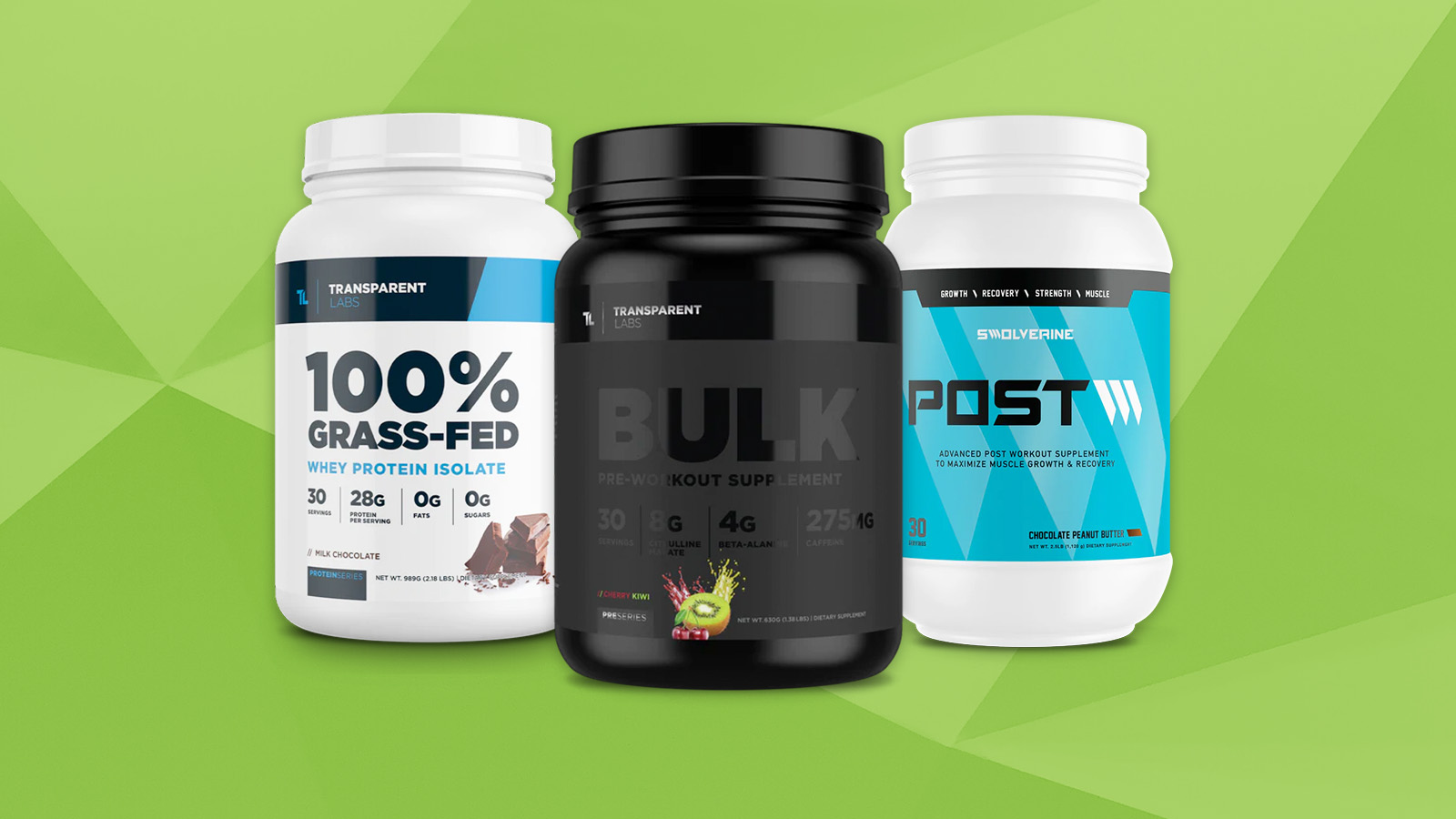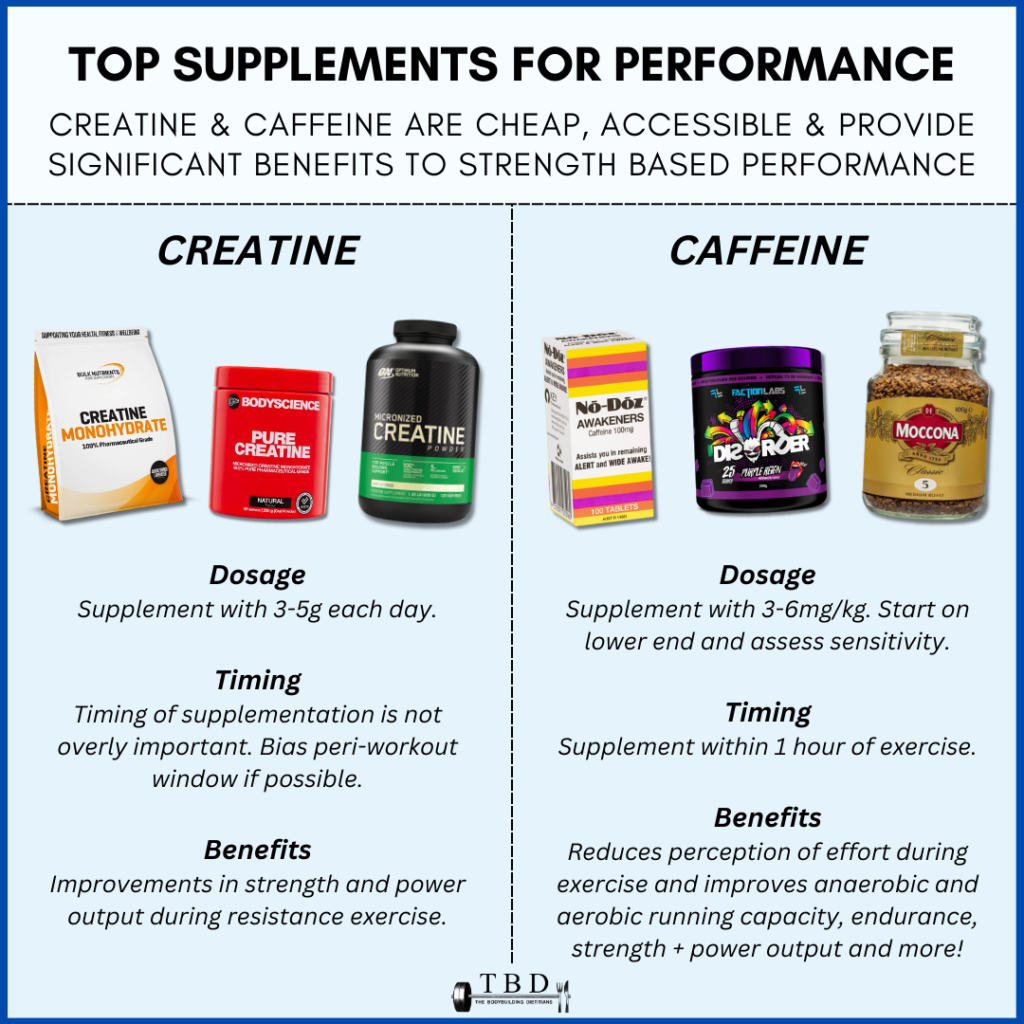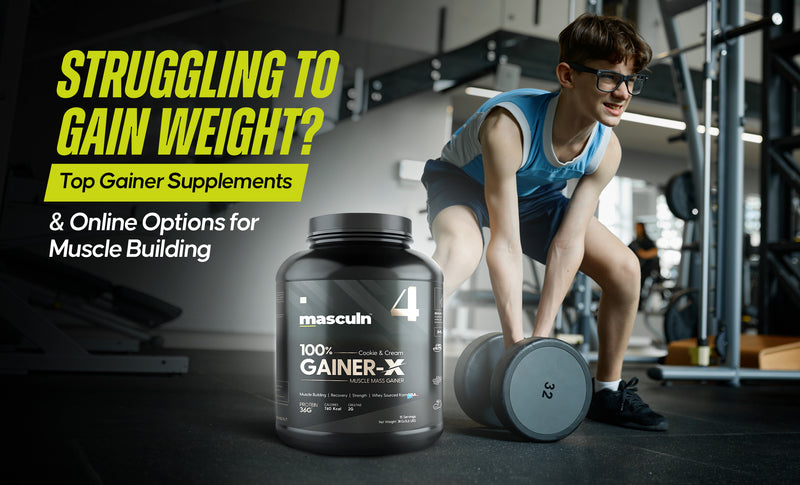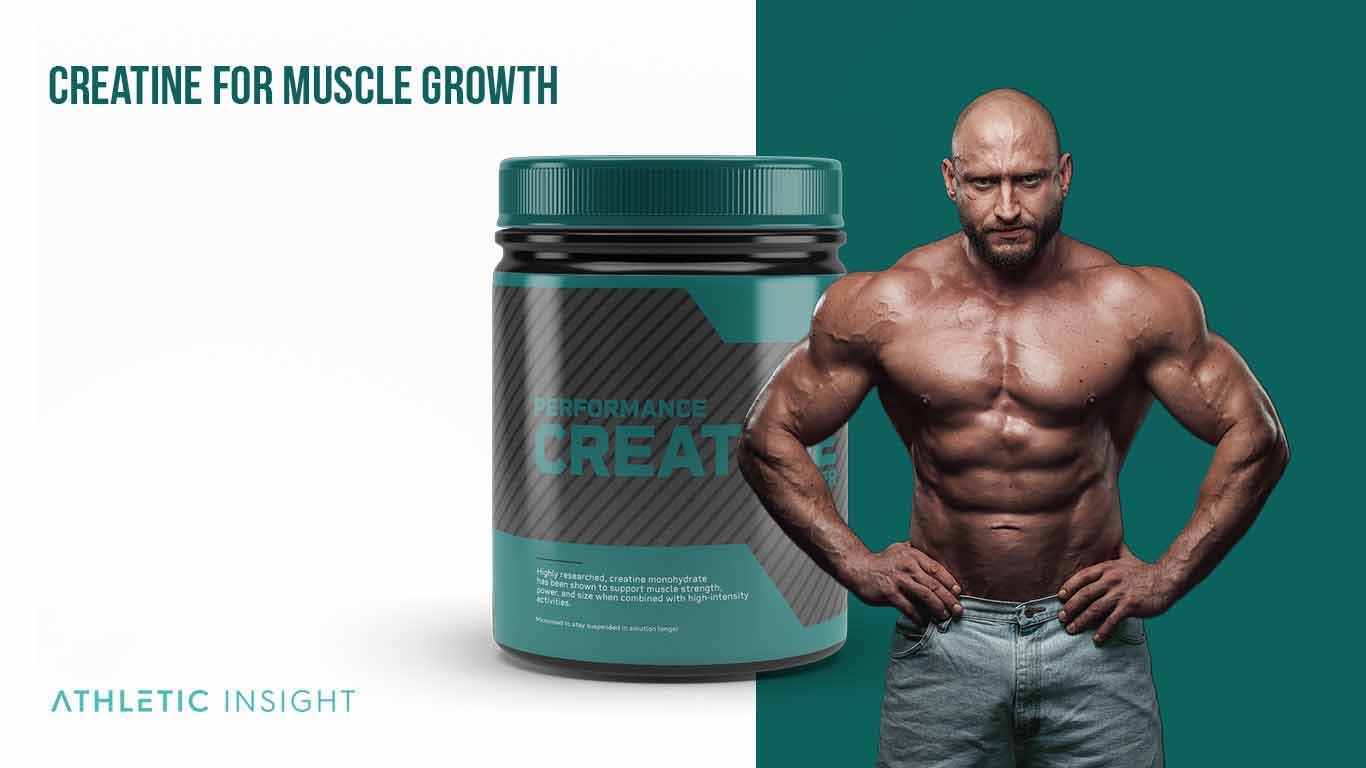Best Weight Gain And Muscle Building Supplements

The pursuit of a sculpted physique and increased strength has fueled a multi-billion dollar supplement industry. Promises of rapid muscle gain and accelerated weight gain are ubiquitous, but the reality is often clouded by misinformation and exaggerated claims. Discerning fact from fiction is crucial for individuals seeking to enhance their fitness journeys safely and effectively.
This article cuts through the marketing hype surrounding weight gain and muscle building supplements, providing an evidence-based overview of the most effective and scientifically supported options. We'll examine the mechanisms by which these supplements work, delve into the available research, and explore potential risks and benefits, empowering readers to make informed decisions about their supplement regimens. The aim is to equip readers with knowledge on what *actually* works, and what should be approached with caution or skepticism.
The Foundation: Diet and Training
Before exploring specific supplements, it's paramount to understand that they are supplements, not substitutes. A well-structured diet providing a calorie surplus and adequate protein is the bedrock of any successful weight gain or muscle building program. Consistent and challenging resistance training is equally essential.
Without these foundational elements, even the most potent supplements will yield minimal results. Consider supplements as tools to enhance an already solid strategy, not as miracle solutions.
Protein Supplements: The Building Blocks
Protein is undeniably crucial for muscle repair and growth. Supplementing with protein powder can be a convenient way to meet daily protein needs, particularly for individuals with high activity levels or dietary restrictions.
Whey protein, derived from milk, is a popular choice due to its rapid absorption and complete amino acid profile. Casein protein, also from milk, digests more slowly, making it suitable for consumption before bed to provide a sustained release of amino acids.
Plant-based protein options, such as soy, pea, and rice protein, are viable alternatives for vegetarians and vegans. Research from the Journal of the International Society of Sports Nutrition has shown that plant-based proteins can be as effective as whey protein for muscle growth when consumed in adequate amounts and combined with resistance training.
Creatine: The Energy Booster
Creatine is one of the most extensively researched and scientifically validated supplements for increasing strength and muscle mass. It works by increasing the availability of ATP (adenosine triphosphate), the primary energy source for muscle contractions.
Numerous studies, including meta-analyses published in the Journal of Strength and Conditioning Research, have demonstrated that creatine supplementation can enhance muscle strength, power output, and lean body mass. Creatine monohydrate is the most widely studied and cost-effective form.
While creatine is generally safe for healthy individuals, some may experience temporary water retention. Consult with a healthcare professional before starting creatine supplementation, especially if you have pre-existing kidney conditions.
Weight Gainers: Calorie Boosters
Weight gainers are supplements designed to provide a high number of calories, primarily from carbohydrates and protein. They can be helpful for individuals struggling to consume enough calories through whole foods alone.
However, it's crucial to choose weight gainers with a balanced macronutrient profile and to be mindful of the sugar content. Opt for products that prioritize complex carbohydrates and high-quality protein sources.
Using weight gainers should complement a healthy diet, not replace it entirely. Reliance on weight gainers without addressing underlying dietary habits can lead to unhealthy weight gain and potential metabolic issues. Always monitor your body composition and adjust your intake accordingly.
Branched-Chain Amino Acids (BCAAs): Muscle Recovery
Branched-chain amino acids (BCAAs) – leucine, isoleucine, and valine – are essential amino acids that play a role in muscle protein synthesis. Some studies suggest that BCAAs can reduce muscle soreness and improve recovery after exercise.
However, the benefits of BCAA supplementation are most pronounced when protein intake is inadequate. If you're consuming sufficient protein from your diet, additional BCAA supplementation may not provide significant advantages.
While BCAAs are generally safe, excessive intake can interfere with the absorption of other amino acids. Always follow recommended dosages.
Other Supplements: Limited Evidence
Numerous other supplements are marketed for weight gain and muscle building, but their efficacy is often less clear. These include testosterone boosters, nitric oxide boosters, and various herbal extracts.
The scientific evidence supporting the benefits of these supplements is often weak or conflicting. Many claims are based on preliminary research or animal studies, which may not translate to humans.
Exercise caution when considering these supplements, and prioritize products with strong scientific backing. Consult with a healthcare professional or registered dietitian before trying any new supplement, particularly if you have underlying health conditions or are taking medications.
"Supplements should be viewed as an addition to a well-rounded fitness plan, not a replacement for one." - Dr. Emily Carter, Sports Nutritionist.
Potential Risks and Side Effects
Like any substance, supplements can have potential risks and side effects. Some supplements may interact with medications or exacerbate existing health conditions.
It's essential to purchase supplements from reputable manufacturers that adhere to quality control standards. Be wary of products with vague ingredient lists or unsubstantiated claims.
Consult with a healthcare professional before starting any new supplement regimen, especially if you have concerns about potential risks or interactions.
Looking Ahead: The Future of Supplement Research
Research on weight gain and muscle building supplements is ongoing. Future studies may uncover new and effective compounds or refine our understanding of existing ones.
Stay informed about the latest scientific findings, and be critical of marketing claims. The supplement industry is constantly evolving, and it's important to make evidence-based decisions about your health and fitness.
Ultimately, the most effective approach to weight gain and muscle building involves a combination of a well-structured diet, consistent resistance training, and, when appropriate, strategically selected supplements based on individual needs and goals. Approaching the world of supplements armed with knowledge is the key to achieving a desired body composition.


